Iran’s nuclear chief hails ‘constructive’ technical talks with IAEA’s Grossi in Tehran
The new head of the Atomic Energy Organization of Iran (AEOI), Mohammad Eslami, has hailed the “constructive” talks he held with the head of the International Atomic Energy Agency (IAEA), Rafael Grossi, in the Iranian capital, Tehran.
The talks were held at the AEOI office in Tehran on Sunday, hours after Grossi arrived in the capital for a one-day visit and was welcomed by Iranian officials.
At a joint press conference after the meeting, Eslami described the negotiations centering on technical issues as “constructive” and said “confidence-building” is what matters for Tehran and the UN nuclear watchdog.
“Today, Rafael Grossi came to Tehran at the invitation of the Atomic Energy Organization of Iran, and we had good and constructive talks with him,” Eslami told reporters at the presser. “The negotiations were held in a spirit of cooperation to create opportunities for enhanced interactions within the framework of the International Atomic Energy Agency’s rules and regulations.”
The head of the AEOI said all issues between Iran and the agency are basically technical, rather than political, adding the two sides decided to continue their talks in an upcoming meeting.
Eslami said Grossi will visit Tehran again in the “near future,” and added that the IAEA’s technical team will also come to Iran to make necessary arrangements for the replacement of surveillance camera memory cards in accordance with the Safeguards Agreement.
Back in February, Iran and the IAEA reached a technical understanding under which Tehran agreed to keep the camera recordings from its nuclear sites for three months as a goodwill gesture in support of diplomacy, waiting to see whether the other parties to the JCPOA could manage to bring the US back into full compliance with the deal.
The agreement came shortly after Iran decided to stop its voluntary implementation of the Additional Protocol that allowed the IAEA to carry out short-notice inspections in Iran, denying the agency's inspectors access to the country’s nuclear facilities beyond the Safeguards Agreement.
The decision was made in accordance with a December 2020 law passed by the Iranian parliament – dubbed the Strategic Action Plan to Counter Sanctions – that prompted the Iranian administration to restrict the IAEA’s inspections and accelerate the development of the country’s nuclear program beyond the limits set by the JCPOA.
While in Tehran, Grossi praised the talks as "positive and in-depth," saying, “We need to negotiate and exchange issues. This is my first visit since Mr. Eslami was appointed, and technical issues were discussed.”
The IAEA chief said the agency’s General Conference will be held in less than two weeks, and after which he will return to Iran for high-level talks with Iranian officials.
At the head of a delegation, the IAEA chief arrived in Tehran late on Saturday to hold negotiations with Eslami and discuss such issues as nuclear inspections and mutual cooperation, ahead of the regular meeting of the IAEA’s 35-nation Board of Governors in Vienna.
On Thursday, Kazem Gharibabadi, Iran's representative to the international organizations in Vienna, warned the IAEA against taking any counterproductive measures against Iran during the forthcoming meeting of its Board of Governors, saying that such a measure would “disrupt” future talks on the revival of Iran’s nuclear deal.
The IAEA’s chief has recently claimed in a report that Iran is blocking access to some of its nuclear sites and continues to boost its stocks of uranium enriched above the percentage allowed in the 2015 nuclear deal, officially known as the Joint Comprehensive Plan of Action (JCPOA).
In a phone call initiated by European Council President Charles Michel on Wednesday, Iranian President Ebrahim Raeisi warned the UN nuclear watchdog against the consequences of its “unconstructive” attitude towards Iran.
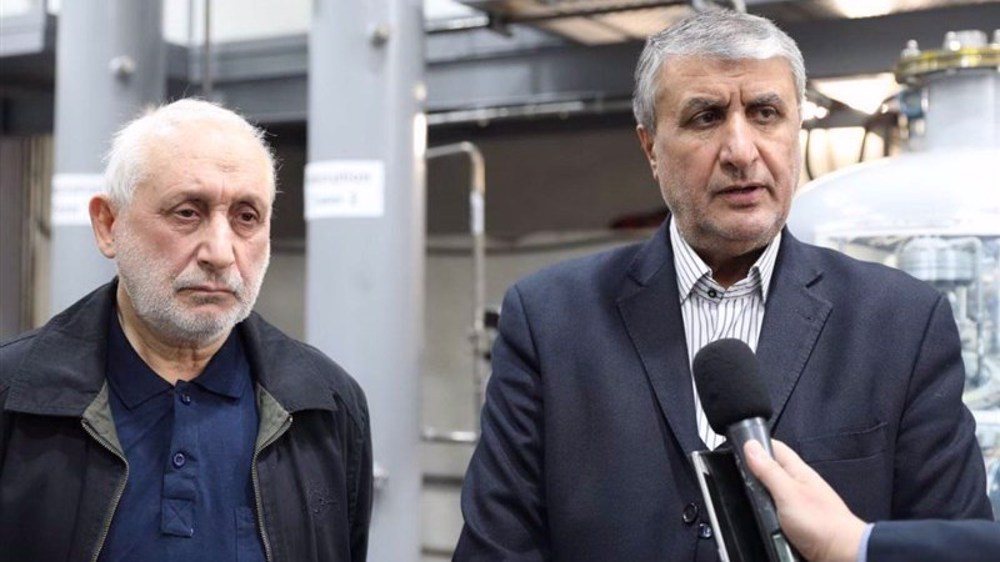
Iran launches project to extract, purify helium from natural gas
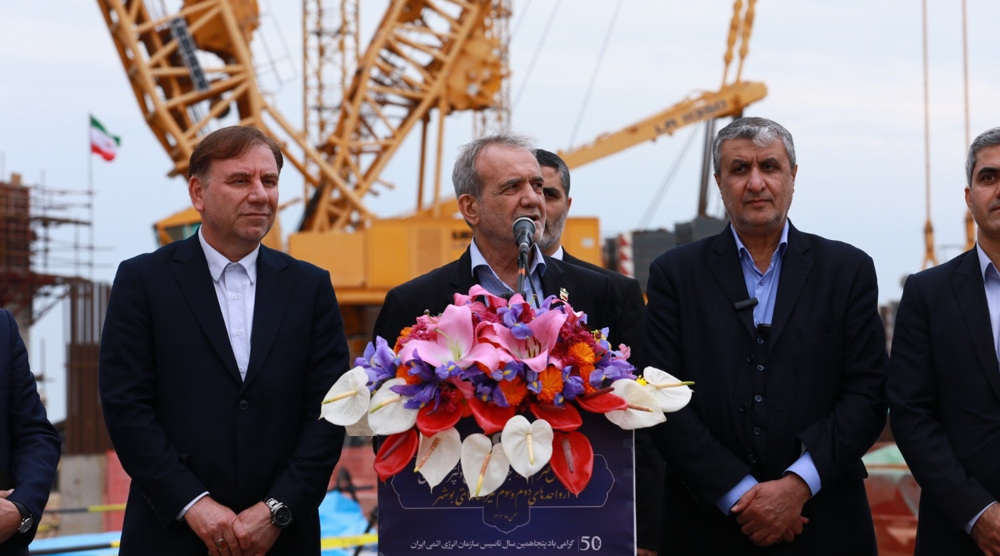
Pezeshkian: If our nuclear centers are hit, we will build thousand others
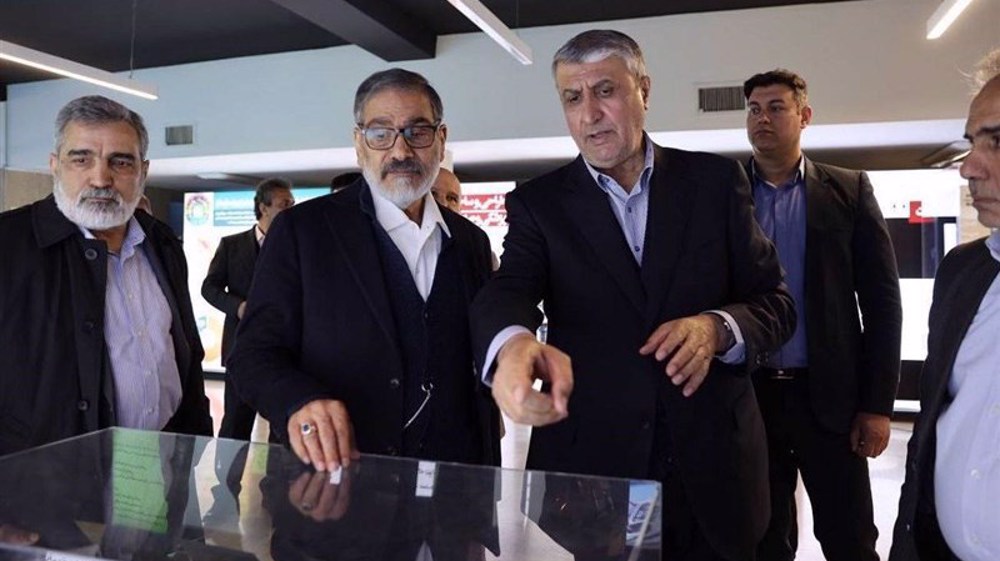
Iran will defend its peaceful nuclear program 'with all its might’: Leader’s aide
IRGC unveils new homegrown smart missiles, drones drill
Iran launches project to extract, purify helium from natural gas
Qatari Emir arrives in Tehran for deeper cooperation talks
VIDEO | Press TV's news headlines
Israel to release longest-serving Palestinian inmate Nael al-Barghouti
IRGC dismantles multiple US, Israeli spying networks in northern Iran
Two Israeli soldiers flee Amsterdam over arrest warrant fears
Iran rebukes US 'colonial' plan for forced relocation of Gazans


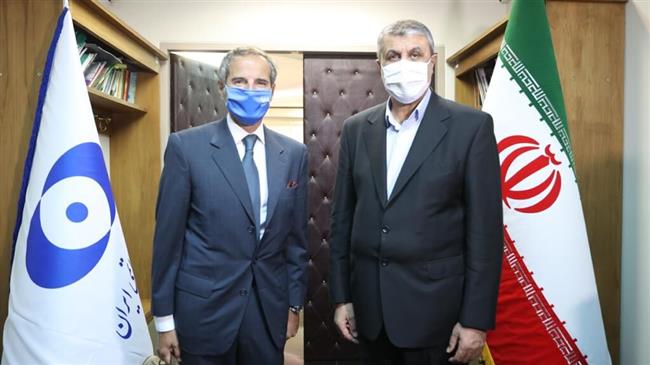
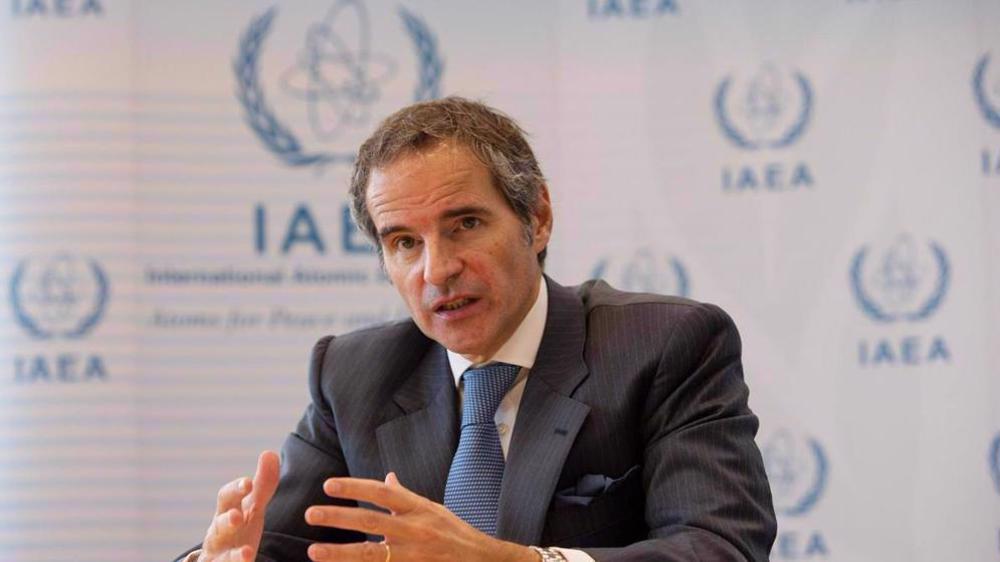
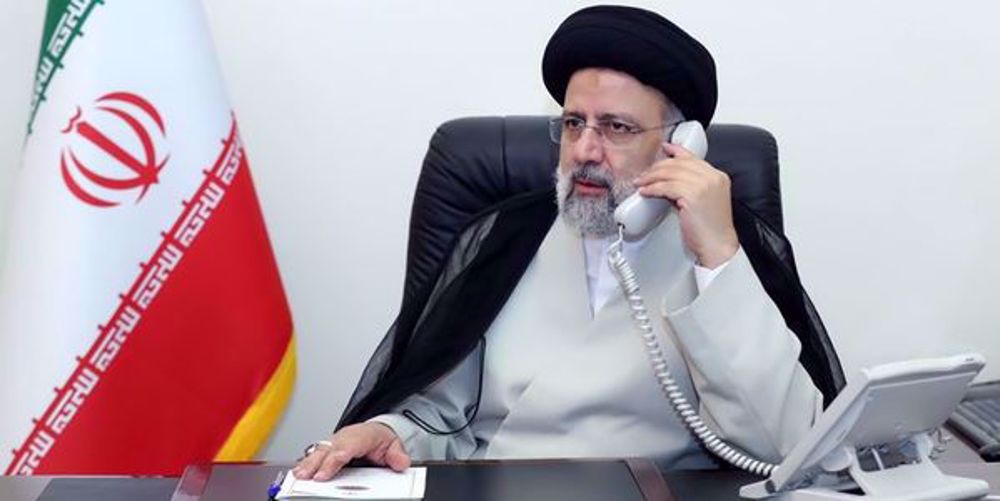




 This makes it easy to access the Press TV website
This makes it easy to access the Press TV website